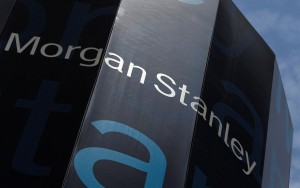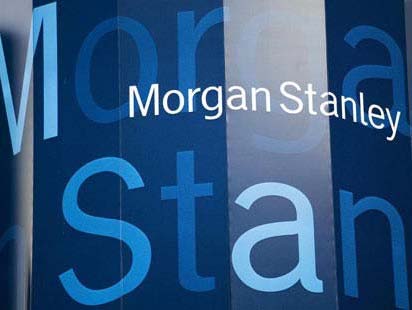Well if you look around the world it is not just Costa Rica that is scamming others, it is world wide. It seems that this world is falling into a place where all that matters is money and it does not matter how you make it and whom you hurt to line your pockets with cash. The only difference between the USA and Costa Rica is the court system in the USA makes the scammers pay, they do not just get away with it even if they are not penalized enough for what they did. Here are the key points in the case that was just settled at Morgan Stanley.
 * Morgan Stanley to pay $4.8 mln, no admission of wrongdoing
* Morgan Stanley to pay $4.8 mln, no admission of wrongdoing
* Electricity price-fixing said to cost consumers $300 mln
* Justice Department: Pact sends message to banking industry
* Morgan Stanley declines to comment
Aug 7 (Reuters) – A federal judge grudgingly approved Morgan Stanley’s $4.8 million settlement of electricity price-fixing charges over activity estimated to have cost New York consumers about $300 million, turning aside claims by a major nonprofit that the accord let the bank off too easily.
The case, which also involved the electricity generator KeySpan Corp, was the first in which the U.S. Department of Justice said it tried to recover improper profit from a financial services company that used derivatives to foster anticompetitive behavior.
Morgan Stanley entered a swap agreement with KeySpan in 2006 that gave it a stake in revenue by Astoria Generating Co, which also operated in New York City. It also entered a related hedge with Astoria.
The government said the arrangement allowed KeySpan to withhold substantial electricity generating capacity from the market, driving prices higher for consumers, and generated $21.6 million of net revenue for Morgan Stanley.
market, driving prices higher for consumers, and generated $21.6 million of net revenue for Morgan Stanley.
U.S. District Judge William Pauley in Manhattan said he shared the concerns of state officials and the AARP, a nonprofit serving people 50 and older, that any settlement should have reflected the harm to consumers and forced Morgan Stanley to give up the $21.6 million.
“Given the government’s stark allegations of manipulative conduct against Morgan Stanley, disgorgement of $4.8 million is a relatively mild sanction,” Pauley wrote. “There is a risk that a large financial services firm like Morgan Stanley could view such a modest penalty as merely a cost of doing business.
“But despite this court’s misgivings, the government’s decision to settle for less than full damages is entitled to judicial deference, particularly in view of the novelty of the government’s theory.”
The judge also rejected the AARP argument that the $4.8 million be returned to consumers, in part because sending it instead to the U.S. Treasury served the public interest.
“It’s extremely disappointing,” Michael Gianaris, a New York State senator who opposed the accord, said in a telephone interview. “If banks can commit misdeeds and still generate tens of millions of dollars in profit as a result, not only are we not achieving justice, but we are not deterring future acts by other banks.”
Morgan Stanley spokeswoman Mary Claire Delaney declined to comment. The AARP did not respond to requests for comment.
Justice Department spokeswoman Gina Talamona said the accord “should send a message to the financial services community that the antitrust division will vigorously pursue anyone who engages in anticompetitive conduct in the derivatives industry, and that they will be held accountable.”
KeySpan, now part of Britain’s National Grid Plc, settled its part of the case in 2010 for $12 million, also without admitting wrongdoing.
“Hundreds of thousands of people won’t see any restitution at all,” Peter Vallone Jr, a New York City councilman who also opposed the accord, told Reuters. “The only good here was that the scam was uncovered.”
The case is U.S. v. Morgan Stanley, U.S. District Court, Southern District of New York, No. 11-06875.
By Jonathan Stempel

